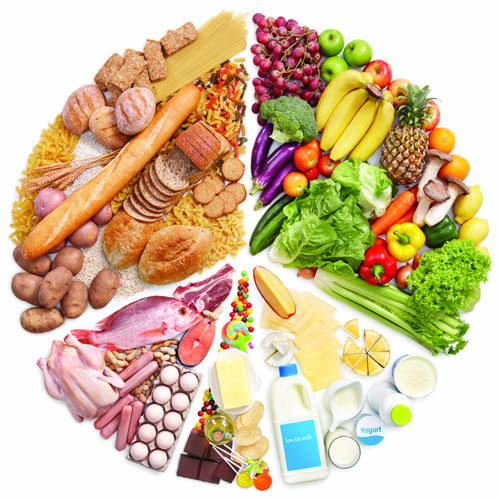Our families often ask us to advise them on feeding their child. ABR techniques that provide constant improvement in health go hand in hand with a mindful diet in order to develop greater vitality in our children and ensure the regeneration of their tissues.
As explained to parents during ABR assessments, you must understand that your child’s metabolism is much weaker than our own and that their child’s digestion is particularly difficult. Therefore, anything you can do to help your child’s digestive system and reduce stomach overload will significantly help them function better.
That’s why we developed this nutritional guide.
Vigilance with the size of the pieces and the given amount
If your child can eat solid food, but is unable to chew adequately, it is important to consider the size of the pieces that you give him/her. If the pieces are too large, the digestive enzymes which, in your child’s case, are reduced in quantity, are insufficient to properly dissolve these pieces… furthermore, the enzymes will only work at the outer layer of the food. Therefore, either these remaining pieces of food will stay in the stomach for much too long or they will flow too slowly through the digestive system, requiring too much energy to fully digest. In children that are incapable of chewing, a large amount of pureed food served in one meal will raise the same issues.
What to feed my child?
In general, we recommend buying organic foods and the least processed food as possible.
Thus, we prefer foods in their most natural state:
- Fresh vegetables
- Unrefined cereals
- Fresh meat and fish
- The least amount of dairy products possible
Therefore, always look for foods that are very fresh, less processed, altered and refined as possible. It is important that you avoid and eliminate:
- Processed meals and frozen food (pizzas, etc.)
- Sugars – especially refined sugars like white sugar. If you really must, give in moderation (Note: children with epilepsy should never consume sugar!)
- Sodas and other sugary drinks
In short, we recommend that ABR parents eliminate all grains that contain gluten and all dairy products. Children, who have a deficient metabolism, progress much faster when relieved of their a diet containing gluten and casein (the main protein present in milk and cheese).
Good food combinations!
Since you child has poor digestion, this should limit the types of food he/she eats in a single meal. Different types of food require different types of digestive enzymes, and if you give your child proteins and carbohydrates in the same meal, it will be difficult for him/her to digest.
Thus, we suggest opting for vegetables as the base of each meal. The vegetables should be lightly steamed (always keep their crunchy texture and a bright green color).
To these steamed vegetables, you may add grains such as rice, quinoa, millet or buckwheat, ot (NOT “AND”) a little meat or fish.
You can also give nut butters, almond or cashew, by adding them to grains or vegetables for a nutritious meal. You can also add cold pressed flax oil.
The principles of food combinations are to avoid mixing proteins with carbohydrates (ie. grains).
So in the same meal, you serve either vegetables with meat, fish or legumes – or vegetables with grains, but you should avoid serving meat, fish and legumes with grains at all cost.
Fats
Coconut oil is a very nutritious oil that possesses as many beneficial nutritional qualities. All children should consume it.
Coconut oil reduces epilepsy in many children.
Make sure that all oils are non- hydrogenated and of good quality. You should give your child flaxseed oil every day, as fresh as possible. Purchase it in small bottles and keep it in the refrigerator. Also use it raw on food.
Our next article will focus on two types of foods to eliminate from your child`s diet, or at least reduce considerably… if you want to help their metabolism and contribute to optimal development.
See you next time!


